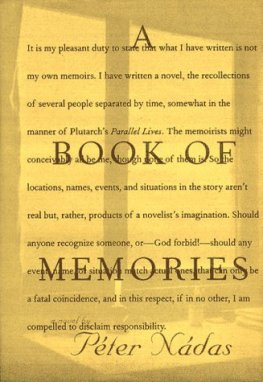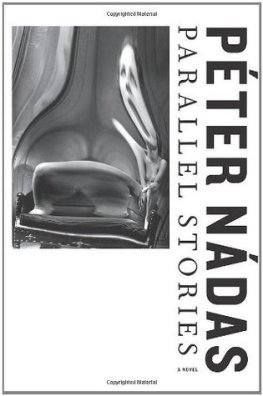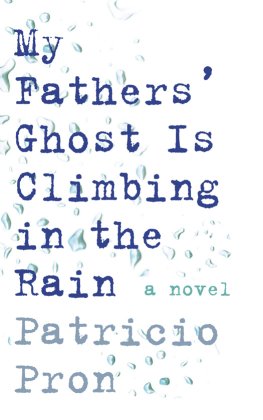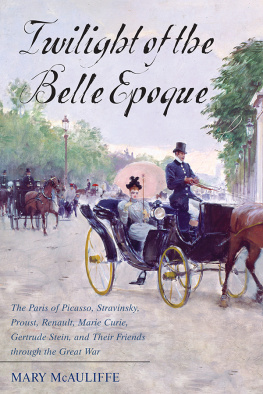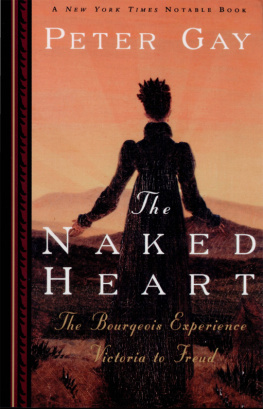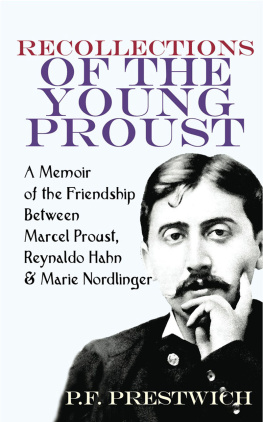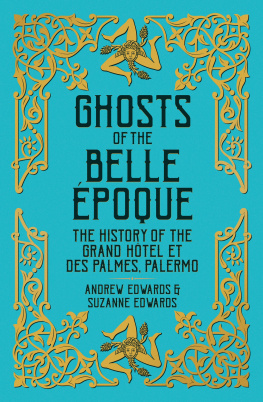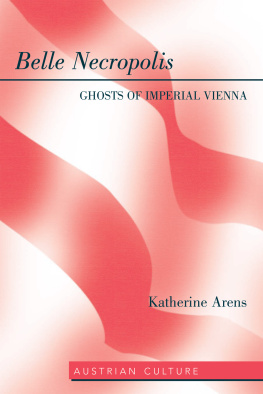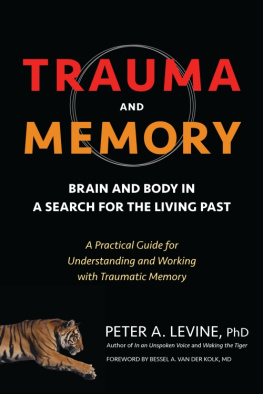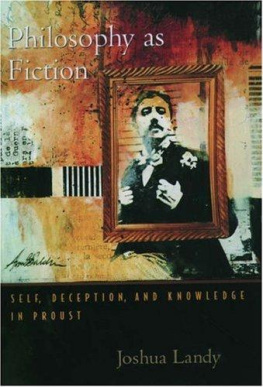Pter Ndas
A Book of Memories
"But he spoke of the temple of his body"
John 2:21

Heiligendamm, satellite image 2007
It is my pleasant duty to state that what I have written is not my own memoirs. I have written a novel, the recollections of several people separated by time, somewhat in the manner of Plutarch's Parallel Lives. The memoirists might conceivably all be me, though none of them is. So the locations, names, events, and situations in the story aren't real but, rather, products of a novelist's imagination. Should anyone recognize someone, or God forbid! should any event, name, or situation match actual ones, that can only be a fatal coincidence, and in this respect, if in no other, I am compelled to disclaim responsibility.
The Beauty of My Anomalous Nature
The last place I lived in in Berlin was at the Khnerts', out in Schneweide, on the second floor of a villa covered in wild vines.
The leaves of the creeping vines were already turning red and birds were pecking at the blackened berries; autumn had arrived.
No wonder this is all coming back to me now: three years have passed, three autumns, and I know I'll never go back to Berlin, there'd be no reason, no one to go to; that's also why I write that it was the last place I lived in in Berlin, I just know it was.
I wanted it to be the last, and it worked out, just happened, that way regardless of my wishes, no matter; and now, nursing an unpleasant head cold I console myself my mind being useless for anything else, though even in its rheumy state hovering around essential things by recalling the autumns of Berlin.
Not that any of it could ever be forgotten.
That second-floor apartment, for instance, on Steffelbauerstrasse.
Naturally, I've no idea who but I might be interested in any of this.
Certainly I don't want to write a travel journal; I can describe only what is mine, let's say the story of my loves, but maybe not even that, since I don't think I could ever begin to talk about the larger significance of mere personal experiences, and since I don't believe or, more precisely, don't know, whether there is anything more significant than these otherwise trivial and uninteresting personal experiences (I assume there can't be), I'm ready to compromise: let this writing be a kind of recollection or reminder, something bound up with the pain and pleasure of reminiscence, something one is supposed to write in old age, a foretaste of what I may feel forty years from now, if I live to be seventy-three and can still reminisce.
My cold throws everything into sharp relief; it would be a shame to miss this opportunity.
For example, I could mention that it was Thea Sandstuhl who took me to the Khnerts' on Steffelbauerstrasse, in the southern district of Berlin known as Schneweide, "pretty pasture," which can be reached in thirty minutes from Alexanderplatz in the heart of the city, or, if one misses the always punctual connections and must wait in the rain, forty minutes to an hour.
Thea was the one who arranged or, more precisely, finagled this room for me, and naturally she, too, came to mind during these last cold-filled days, but strangely enough not with those conspicuous devices she used to draw attention to herself her red sweater and soft red coat, the enormous amount of red she wore, nor the wrinkles on her girlish face, those pale quivering furrows she did not exactly try to cover up, yet one could sense she loathed by the stiff way she held her neck somehow she always thrust her neck forward as if to say, Go ahead, look, this is my face, this is how old and ugly I've become, even though I, too, was once young and pretty, go ahead, have a good laugh; of course no one even thought of laughing, since she wasn't at all ugly, even if one guessed that it might have been her hangup about the wrinkles that gave rise to her unfortunate love affair but none of that came to mind just now, or the way she used to sit in her red armchair in her room with the muslin curtains and red carpet; what came to mind was her crying and laughing, her big horse teeth yellowed by nicotine not her stage cry and laughter, which hardly resembled genuine tears or laughter and I could see her naughtiness when her eyes narrowed with scorn and her dry skin tautened over her jaw, also the tree in the courtyard of the synagogue on Rykestrasse, that withered acacia somehow connected to her, the sign nailed to its trunk saying it was forbidden to climb the tree, but who would want to climb a tree in the courtyard of an old East Berlin synagogue on a Friday night, nearly thirty years after the war? who would have the slightest inclination to do that? and as the long shadows of Jews streamed out of the lighted synagogue into the golden glow of the courtyard, I told her I had a fever, and with a motherly gesture she flattened her hand on my forehead, but I saw in her face, and my face felt it, too, that she was less interested in checking my temperature than in enjoying my skin, still young and wrinkle-free.
Hence the immediate and perhaps unreasonable apology that what is to follow cannot and should not be a travelogue, that Arno Sandstuhl, Thea's husband, who is some kind of travel writer, should not be compared to me or me to him: I realize of course that my open contempt for him, which may be attributable to jealousy, is not about his innocent passion for visiting faraway places and writing down his experiences, though this definitely aroused my suspicion, since very few people are permitted to travel from here and most of them know the satisfying feeling of travel only from hearsay, yet he, the privileged writer, had even been to Tibet and Africa if I remember correctly; I think my unjustifiable dislike for Arno was set off not by fleeting suspicion or contempt, not even by jealousy, but rather by the odd manner in which Thea had alluded, unwittingly of course, to a secret period of my life.
The first time we visited them, it was in their home, which was in yet another part of town, rather far away, somewhere around Lichtenberg, I believe, but I can't say for sure, because whenever we drove together I relied entirely on Melchior's knowledge of places, and from the moment I'd met him I looked at nothing but his face, absorbed his face in my face, and I couldn't be expected to pay attention to trifles such as where we were going; he looked at the road and I looked at him, that's how we traveled; and the last time I met Thea it was on the S-Bahn after Melchior had already disappeared from Berlin, and Thea was alone, too, because Arno had moved out of her place we ran into each other at the Friedrichstrasse station, a few minutes before midnight, and she said, "My car's on the blink again," almost apologetically I was coming from the theater and sat with her till we got to the Ostkreuz, where I had to change for Schneweide (I was still living with the Khnerts then), and she stayed on the train, continuing home, and from that I gathered she must have lived somewhere in the vicinity of Lichtenberg, where that Sunday afternoon when we first visited them I had had a talk with Arno that was very much like a conversation between two writers: cautious, serious, boring.
Actually, we had Thea's dubious little ploy to thank for that, for she was the one who made the encounter so stiff and formal: as soon as Arno entered the room, a bit late, and I rose to greet him, she took both our elbows and effectively prevented us from shaking hands, as if to indicate that only through her could we make contact, though we might also have something in common, independent of the connection she offered us "Two writers in the throes of creative crisis," she said, alluding to one of my earlier remarks I had shared with her in confidence which obviously she thought was more important than the thwarted handshake, since her words shamelessly betrayed Arno's torment to me, and mine to him; but it was Arno she had hoped to help with this double betrayal, helping him through me by using me to make the three of us totally interdependent, yet lumping Arno and me together in a separate unit; anyway, we did not look into each other's eyes, because one does not like to be seen through so completely even by someone with the best of intentions or be shown a likeness one does not or wishes not to resemble.

